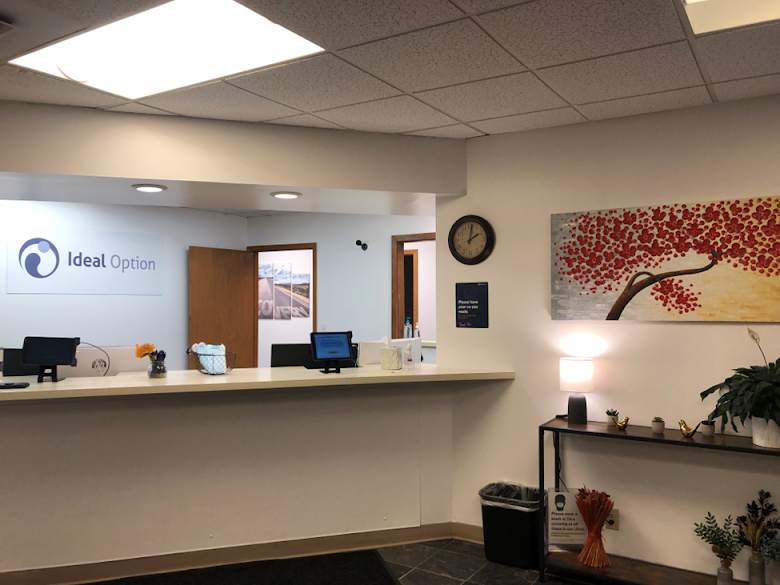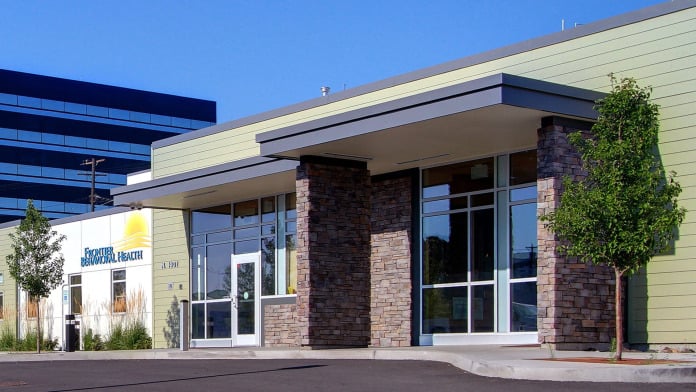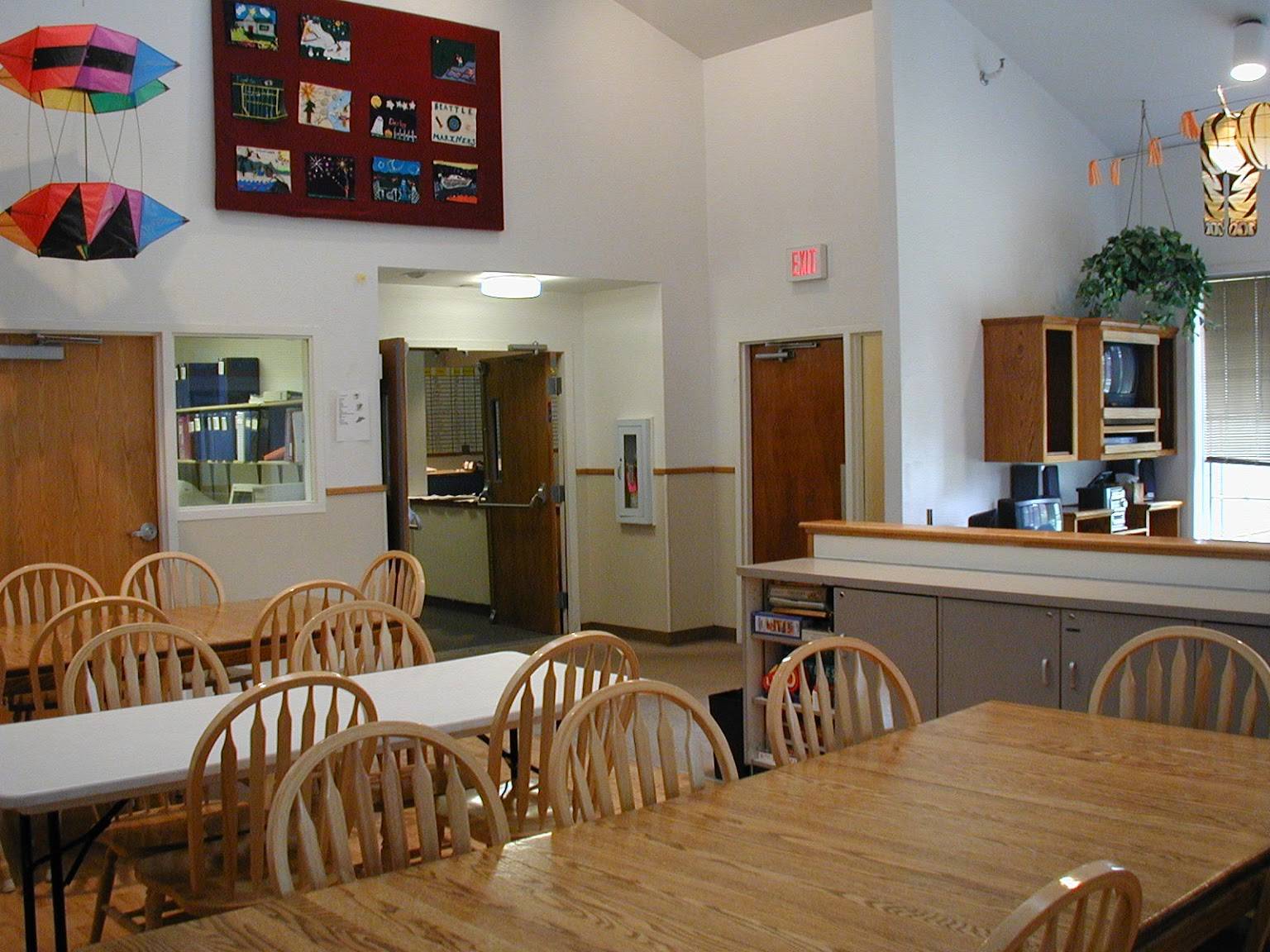A great place, and great counselors.
About Kootenai Health Behavioral Health
Typically, clients at Kootenai Behavioral Health start with detox. You’ll have 24/7 medical supervision to make sure you’re safe and as comfortable as possible while you detox. After this, you’ll go into the intensive outpatient program.
At its core, this program focuses on group therapy. You’ll attend group sessions 3 times per week for 8 weeks. The program will include evidence based therapy techniques for substance use disorder like cognitive behavioral therapy and dialectical behavior therapy. You may also receive family therapy and addiction education. Group sessions will also include courses in life skills, coping, trauma resolution, self care and relapse prevention.
After eight weeks of intensive outpatient treatment, you’ll transition to weekly outpatient support meetings once each week. Group sessions are available with telehealth too for those days when you don’t have a way to get to the center, don’t have time for the commute, or just aren’t feeling up to an in-person gathering.
For anyone who wants the peer support of group therapy, Kootenai Behavioral Health could be a great fit for your recovery.
Facility Overview
Latest Reviews
Rehab Score
Location
Other Forms of Payment
Private insurance refers to any kind of healthcare coverage that isn't from the state or federal government. This includes individual and family plans offered by an employer or purchased from the Insurance Marketplace. Every plan will have different requirements and out of pocket costs so be sure to get the full details before you start treatment.
Self-pay involves paying for treatment out of your own pocket. You can use savings or credit, get a personal loan, or receive help from family and friends to fund your treatment. If you don't have insurance or your insurance plan doesn't cover a specific program, self-pay can help ensure you still get the care you need.
Medicare is a federal program that provides health insurance for those 65 and older. It also serves people under 65 with chronic and disabling health challenges. To use Medicare for addiction treatment you need to find a program that accepts Medicare and is in network with your plan. Out of pocket costs and preauthorization requirements vary, so always check with your provider.
Medicaid is a state based program that helps lower-income individuals and families pay for healthcare. Medicaid covers addiction treatment so those enrolled can use their coverage to pay for rehab. When a program accepts Medicaid the client often pays very little or nothing out of their own pocket.
Military members, veterans, and eligible dependents have access to specific insurance programs that help them get the care they need. TRICARE and VA insurance can help you access low cost or no cost addiction and mental health treatment. Programs that accept military insurance often have targeted treatment focused on the unique challenges military members, veterans, and their families face.
Addiction Treatments
Levels of Care
Outpatient Programs (OP) are for those seeking mental rehab or drug rehab, but who also stay at home every night. The main difference between outpatient treatment (OP) and intensive outpatient treatment (IOP) lies in the amount of hours the patient spends at the facility. Most of the time an outpatient program is designed for someone who has completed an inpatient stay and is looking to continue their growth in recovery. Outpatient is not meant to be the starting point, it is commonly referred to as aftercare.
Residential treatment programs are those that offer housing and meals in addition to substance abuse treatment. Rehab facilities that offer residential treatment allow patients to focus solely on recovery, in an environment totally separate from their lives. Some rehab centers specialize in short-term residential treatment (a few days to a week or two), while others solely provide treatment on a long-term basis (several weeks to months). Some offer both, and tailor treatment to the patient's individual requirements.
Intensive Outpatient Programs (IOP) are for those who want or need a very structured treatment program but who also wish to live at home and continue with certain responsibilities (such as work or school). IOP substance abuse treatment programs vary in duration and intensity, and certain outpatient rehab centers will offer individualized treatment programs.
When an individual's life is negatively impacted by substance use but they are resistant to treatment, a drug intervention in Idaho may be appropriate. Drug intervention programs are designed to break through this resistance and motivate the person to get help. During the intervention, the specialist helps loved ones bring reality to the individual and break through barriers that are preventing them from getting the help they need.
Drug and alcohol addiction often takes a heavy toll on one's body. Over time, a physical dependence can develop, meaning the body physiologically needs the substance to function. Detox is the process of removing drugs and/or alcohol from the body, a process that can be lethal if mismanaged. Medical detox is done by licensed medical professionals who monitor vital signs and keep you safe, healthy, and as comfortable as possible as you go through detox and withdrawal.
Treatments
The goal of treatment for alcoholism is abstinence. Those with poor social support, poor motivation, or psychiatric disorders tend to relapse within a few years of treatment. For these people, success is measured by longer periods of abstinence, reduced use of alcohol, better health, and improved social functioning. Recovery and Maintenance are usually based on 12 step programs and AA meetings.
Drug rehab in Idaho provides treatment for addiction to drugs. It usually includes a combination of treatment methods that can involve counseling, medication, and a variety of evidence-based therapies. Programs are designed to help individuals manage their substance use disorder long-term.
A combined mental health and substance abuse rehab has the staff and resources available to handle individuals with both mental health and substance abuse issues. It can be challenging to determine where a specific symptom stems from (a mental health issue or an issue related to substance abuse), so mental health and substance abuse professionals are helpful in detangling symptoms and keeping treatment on track.
Opioid rehabs specialize in supporting those recovering from opioid addiction. They treat those suffering from addiction to illegal opioids like heroin, as well as prescription drugs like oxycodone. These centers typically combine both physical as well as mental and emotional support to help stop addiction. Physical support often includes medical detox and subsequent medical support (including medication), and mental support includes in-depth therapy to address the underlying causes of addiction.
Programs
Adult rehab programs include therapies tailored to each client's specific needs, goals, and recovery progress. They are tailored to the specific challenges adult clients may face, including family and work pressures and commitments. From inpatient and residential treatment to various levels of outpatient services, there are many options available. Some facilities also help adults work through co-occurring conditions, like anxiety, that can accompany addiction.
Young adulthood can be an exciting, yet difficult, time of transition. Individuals in their late teens to mid-20s face unique stressors related to school, jobs, families, and social circles, which can lead to a rise in substance use. Rehab centers with dedicated young adult programs will include activities and amenities that cater to this age group, with an emphasis on specialized counseling, peer socialization, and ongoing aftercare.
Recovery is most successful when clients feel accepted and validated by their peers and treatment providers. Facilities that offer LGBTQ-inclusive programming are committed to creating a safe space where everyone can grow and recover without fear of judgment or discrimination. They will have dedicated policies in place to create a safe and supportive environment that fosters free expression.
Clinical Services
Research has shown that cognitive behavioral therapy (CBT) in Idaho is one of the most effective forms of therapy to treat substance use disorders and accompanying mental health disorders such as anxiety and depression. The focus of this method is to learn about and change patterns of thinking and behavior.
Group therapy is any therapeutic work that happens in a group (not one-on-one). There are a number of different group therapy modalities, including support groups, experiential therapy, psycho-education, and more. Group therapy involves treatment as well as processing interaction between group members.
Men and women in Idaho may choose a customized drug and alcohol treatment approach using individual therapy. This focuses your attention on the unique challenges in your life and helps you understand the triggers and stressors that increase your risk of drug use. You develop healthier coping strategies to promote sustainable sobriety.
The goal of trauma therapy is to help you mentally, emotionally, and physically heal from the effects of witnessing or experiencing a traumatic event. Your therapist helps you process the experience and develop effective coping strategies. This improves your emotional well being and your ability to function in the community.
Staff & Accreditations
Staff
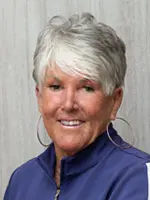
Katie Brodie
Chair
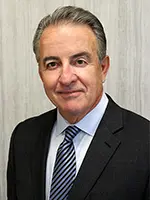
Robert Colvin
Vice-Chair

Jameson Smith
CEO

Michèle Bouit
CFO

Karen Cabell, D.O.
Chief Physician Executive

Kelly Espinoza
Chief Nursing Officer

Jeremy S. Evans
COO

Joel Hazel
Chief Legal Officer
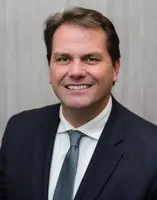
Ryan Smith
CIO

Cara Nielsen
President

John Weinsheim
Executive VP
Accreditations

State Licenses are permits issued by government agencies that allow rehab organizations to conduct business legally within a certain geographical area. Typically, the kind of program a rehab facility offers, along with its physical location, determines which licenses are required to operate legally.
State License: Idaho
Contact Information
2003 Kootenai Health Way
Coeur d'Alene, ID 83814

